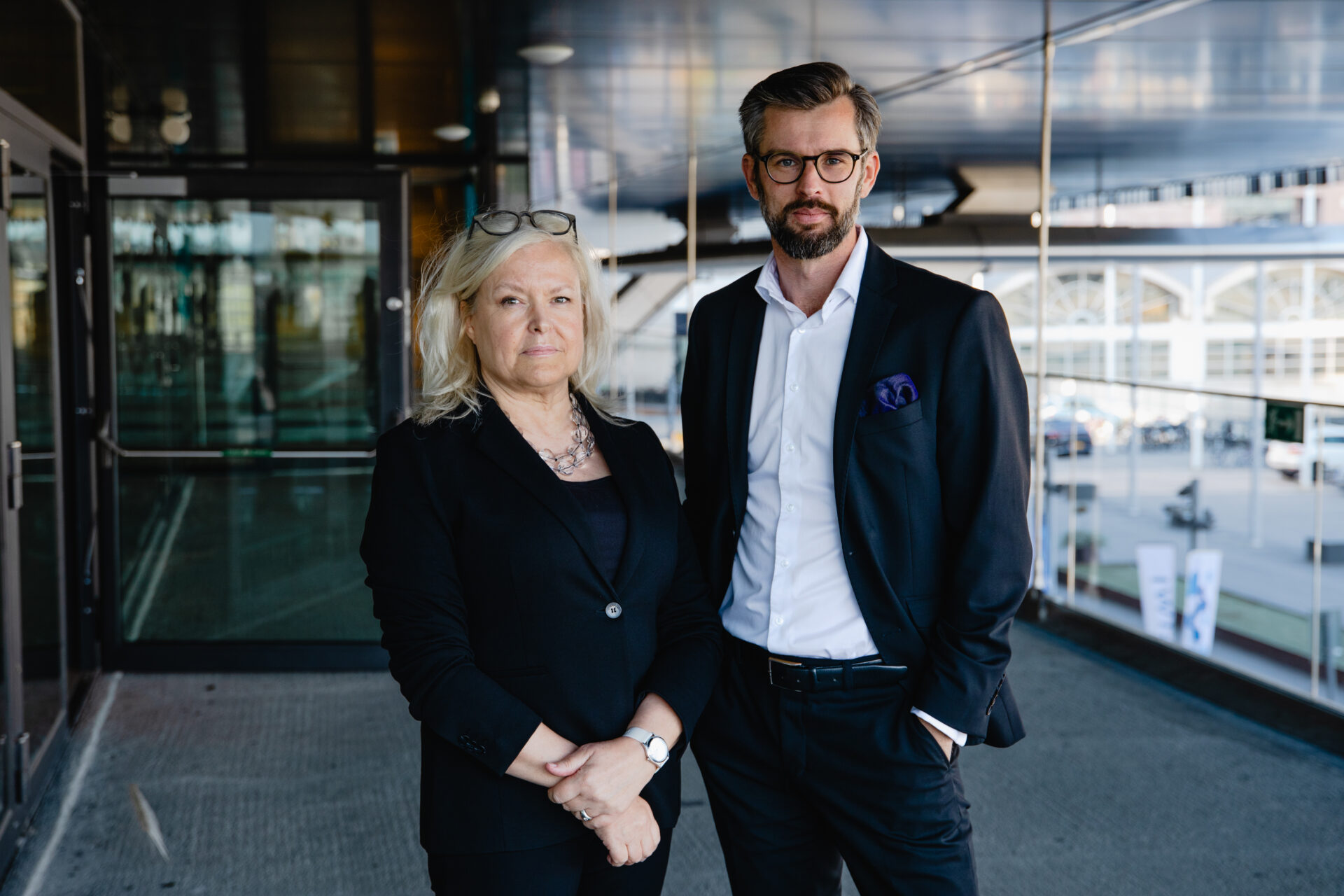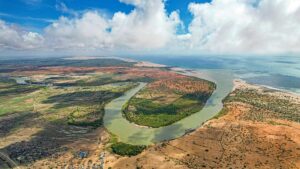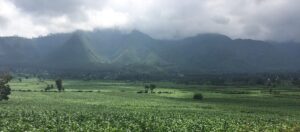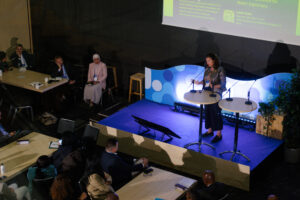- SIWI – Leading expert in water governance
- /
- Latest
- /
- Thank you
Thank you

World Water Week 2024 has illustrated that borders can be bridged. Be it geographical borders, or between sectors, generations, cultures, or different parts of the water cycle.
We are proud to have, once again, brought the global community together, across all borders, to show that the strive to put water and people in the centre of a sustainable future is a truly global affair.
On behalf of SIWI and the World Water Week team, we would like to thank everyone who has contributed to and participated in making this such an inspiring and impactful event. We would also like to extend our warmest gratitude for all the support and recognition that has been shown to us recently. It means a lot.
We want to thank all friends and colleagues in the water community for the dedication and passion you have invested in online and on-site sessions and meetings. Thank you to our partners for your continued support in making the conference more dynamic and engaging than ever before.
We are happy to, once again, see so many first-time visitors to World Water Week. This is a testament to the ever-increasing water community, illustrating the ubiquitous nature of water and the far-reaching wish to protect it.
At this year’s World Water Week, we saw record numbers of onsite participants and we had 12,000 people joining online, with engagement from 198 countries and territories. We are also happy to continue the trend with high numbers of people under 35, and more or less equal shares of women and men.
As World Water Week 2024 comes to an end, we find courage and inspiration in all the wonderful, important, and thought-provoking conversations and meetings during the week. When we at SIWI made our commitment to the Water Action Agenda to offer World Water Week as an arena to accelerate change, this was precisely what we had in mind. It is now our collective responsibility to take this further and ask ourselves: what’s next?
Most recent

Why sharing data matters for water cooperation in the Juba–Shebelle Basin
- Transboundary Water Cooperation
- Water and climate

TIARA in Zambia: Scaling resilient rainfed agriculture in the Zambezi Basin
- Agriculture and water
- Freshwater and ecosystems/biodiversity
- Resilience through water
- Water in landscapes
- Water and climate

Swedish Water House Trendspotting 2026
- Swedish Water House

Why climate action must integrate water

Reflections from World Water Week 2024: Unlocking Water Cooperation Solutions




